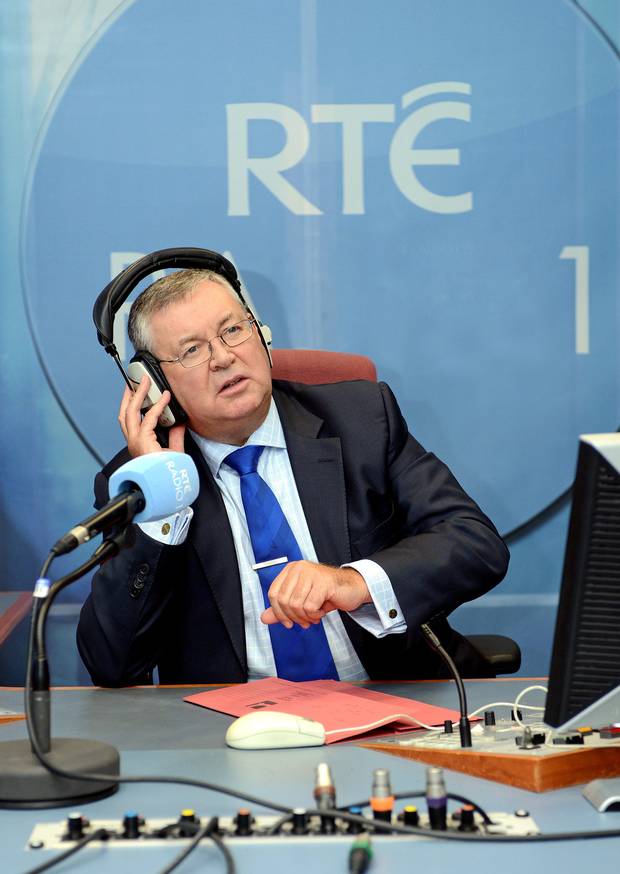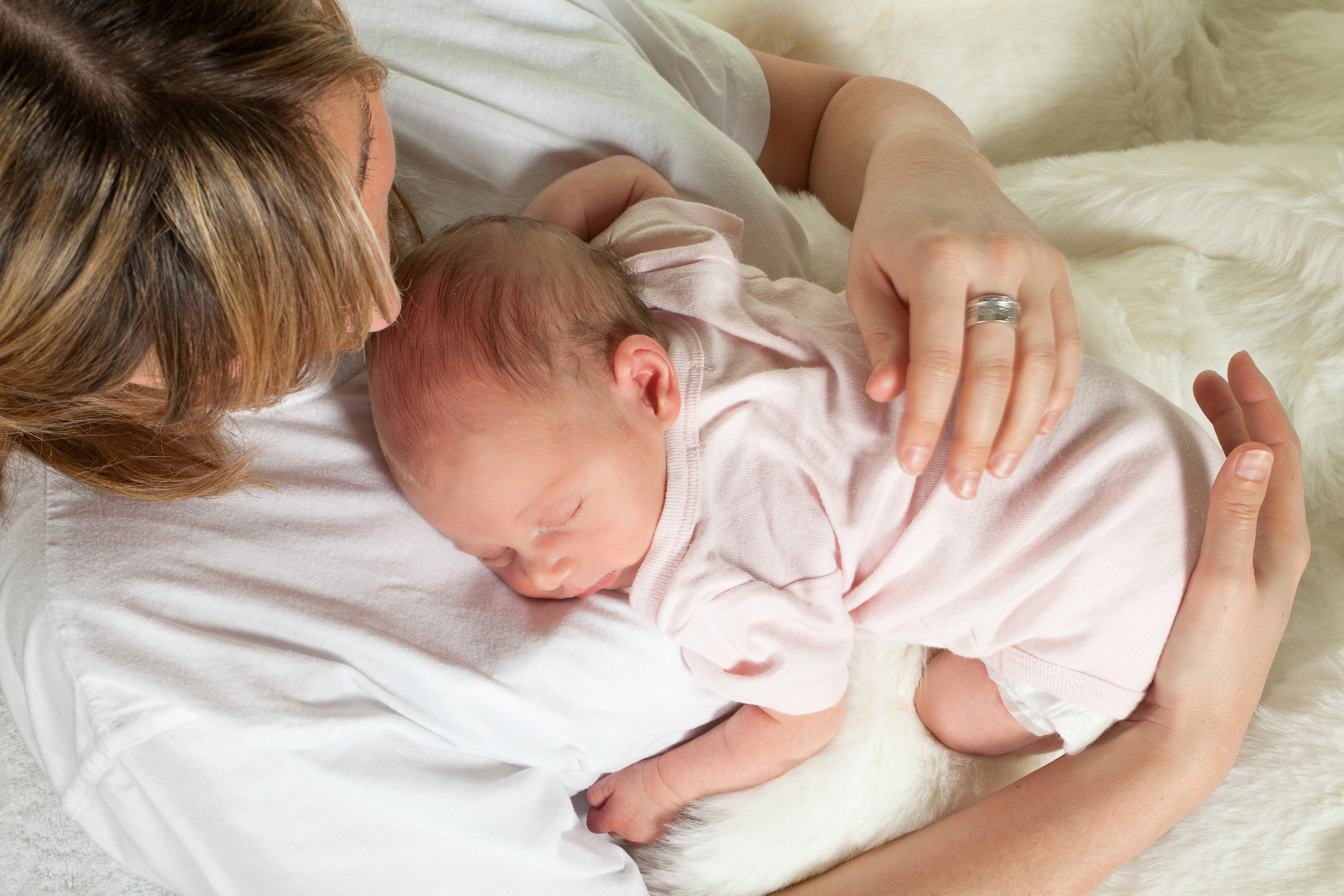Unplugged: Mindfulness and Stress Management in unusual times.
/Unplugged: Mindfulness and Stress Management in unusual times.
One week into isolation and already ‘zoomed out’, ‘apped out’ and technology overloaded?
Turn off, tune in and de-stress the natural way, accepting that we can’t control what’s happening ‘out there’ but we can, with practice, manage what’s happening ‘in here’ in our thoughts, feelings and home environments.
Some tips to thrive in an uncertain world.
1. Don’t minimise feelings
Allow yourself to feel your feelings, these are difficult times. Your plans and hopes and dreams have radically changed. Its natural to feel grief and loss. Feel fully, grieve fully and move back to the present moment where you can make new choices based on new circumstances
2. Don’t catastrophize
The crux of mindfulness is to be vigilant against mind wandering and catastrophizing. Write down your fears when they come up, put them in a box and visit them once a day. Make plans for the ones you can control, burn or bin the others.
3. Minimise overwhelm.
Too much to do and think about? Pick 4 tasks and focus on them until they are done and then pick 4 more. Include rest as a vital task. If this is still overwhelming pick one task at a time.
4. Celebrate.
Realise how much control you do have! Over your thinking, your schedule, your playlist, your nutrition. Be vigilant for YOU and celebrate your achievements.
6. Breathe
Conscious breathing turns on the parasympathetic nervous system and helps the body and mind relax. Try a ‘square breath’, Inhale to the count of 4, hold to the count of 4, exhale to the count of 4, hold for the count of 4
7. Move
Within the limits of your body’s condition and flexibility. Dance, stretch, shake.
8. Hum
Humming activities the vagus nerve and promotes healing and relaxation. Breathe in through your nose and hum on the exhale. Do this for one minute and notice the difference.
9. Sing
Singing instantly focusses you in the present moment with the bonus of supporting deep breathing and soothing vibrations in the body.
10. Rest
Even if sleep is difficult, rest the body, lie down for five minutes of conscious breathing or visualise yourself relaxing in nature.
11. Unplug
The science is out there, screen time and electromagnetic energy fields hamper sleep and immune systems. Use a timer to shut down the Wi-Fi at sleep time. Turn your phone off for set periods.
12. Touch
Hugs are amazing for the release of happy hormones. If you are alone hug yourself or gently stroke your forearms to release oxytocin.
13. Smile
Right now, as you read this, smile. Even if you don’t feel it, your brain won’t know the difference, it will think you are happy and release those happy hormones!
You can do this
You can also watch Lindas tips in this YouTube video https://youtu.be/oHqgmZ1Zo8M
Thank you to our team member Linda for putting this blog together. You can read more about Linda and the support she offers here https://www.doulacare.ie/linda-oflaherty
























